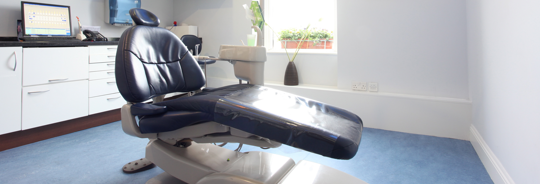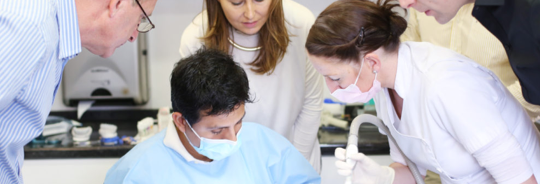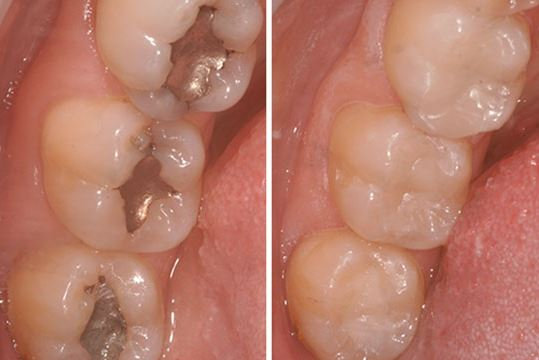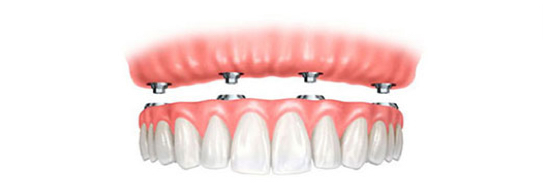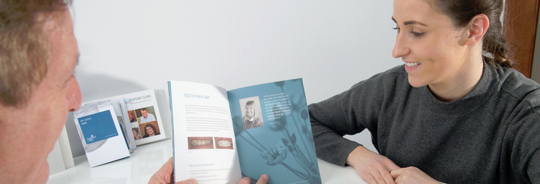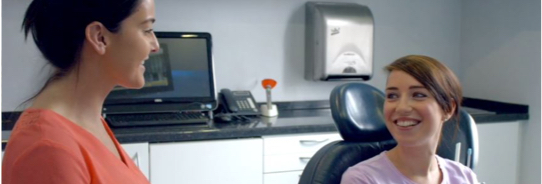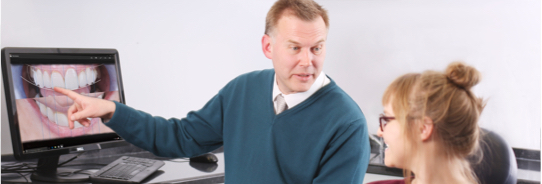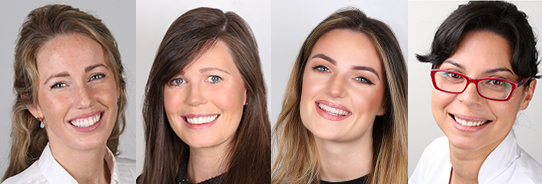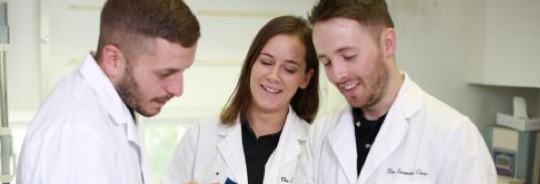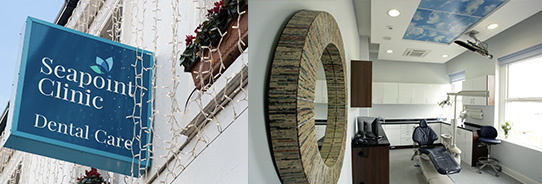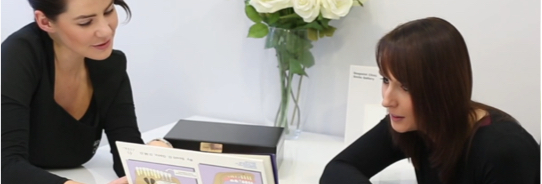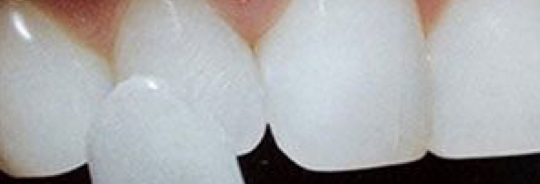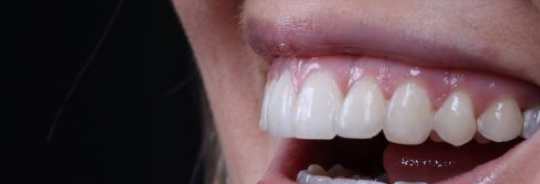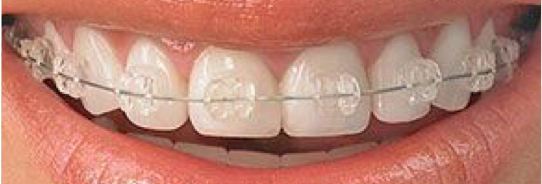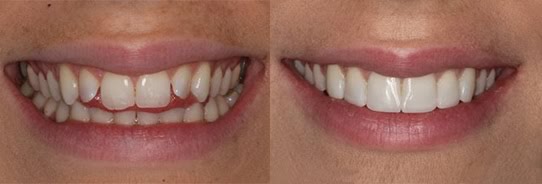
Blog
We post all the latest information here regularly so it's always up to date for you. If there is a topic you would like to have us cover please ask.
18 September 2013
Oral Cancer Awareness Day

Cases of oral cancer detected in Ireland is growing every year. If detected early, these cancers are easily treated. This is among the most common cancers in men world-wide, however more women are also being diagnosed over the past number of years. It mainly affects older people, but younger people are now being diagnosed dues to alcohol intake, stress, poor diet and smoking.
The examination itself is quick and painless and by taking just 10 minutes you are doing something that could save your life.
Symptoms of Oral Cancer?
- A sore or mouth ulcer in your mouth that won’t go away or doesn’t heal
- White or red patches in the mouth/cheeks
- A lump in the mouth or in the neck
- Numbness of the tongue or face
- Thickening of the cheek or tongue
- Unexplained loose teeth
- Persistent nosebleeds and a stuffy nose
- Difficulty chewing, swallowing or moving the tongue
- A persistent sore throat or hoarseness that doesn’t go away.
Remember that these symptoms are also due to complaints other than cancer but if you do find you suffer from any of these for more than three or four weeks, you need to visit your dentist or doctor. Mouth, head and neck cancer can affect your lips, gums, cheeks, tongue, tonsils, throat, sinuses, voice box and palate.
Reduce your risk
- Stop smoking
- Cut down your alcohol intake
- Use lip balms with SPF
- Eat a healthy diet high in fruit and vegetables
- Check your mouth for any changes when brushing your teeth and flowing
- Visit your dentist and hygienist regularly, whether or not you have teeth or are wearing dentures.
Where can I have an examination?
If you notice any symptoms or major changes in your neck, mouth, throat it is best to make an appointment to see your local dentist. Early diagnosis hugely improves your chance of successful treatment.
How is it diagnosed?
- A physical examination by your specialist
- An X-ray of the area and its surroundings
- A biopsy- a small piece of tissue to be sent away for further inspection
Treatment can include:
- Surgery- removal of part or all of the affected area
- Radiotherapy- the use of high energy X-Rays to kill cancer cells
- Chemotherapy- the use of drugs that kill cancer cells
For more information or to book a full dental examination with your Dentist, contact us today on 01 2842570 or email info@seapointclinic.ie


